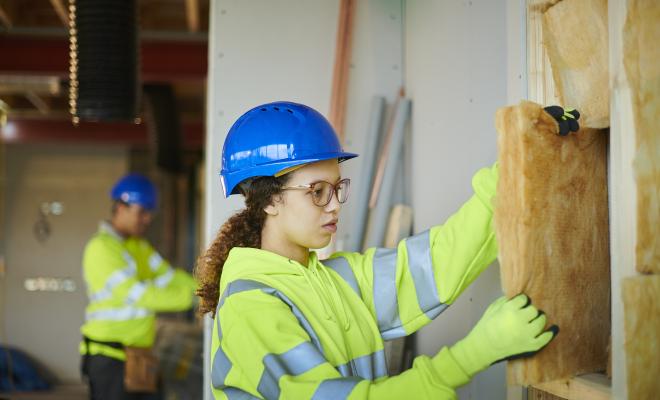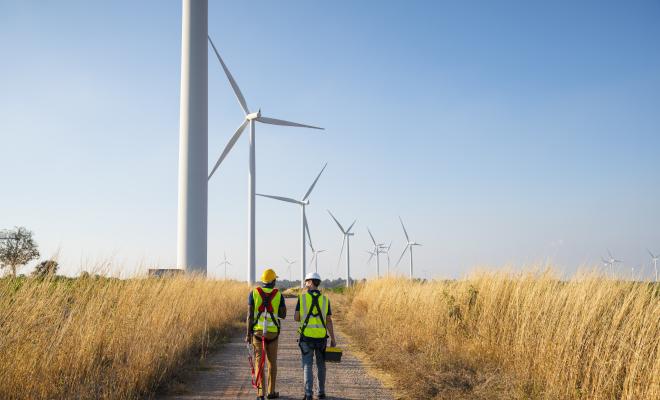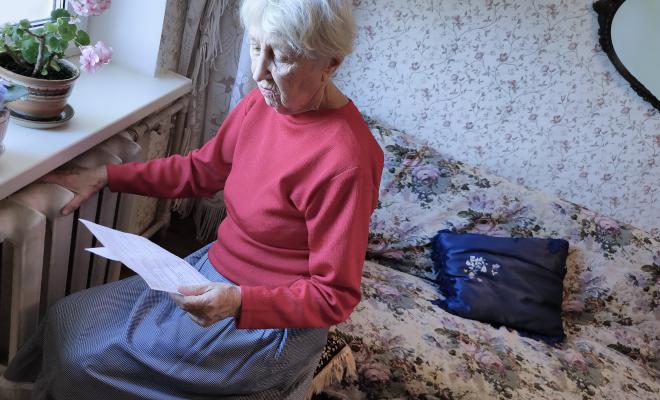16 Dec 2022
What’s the problem?
Right now, millions of households are struggling to heat their homes and pay their energy bills due to soaring gas prices, the increasing cost of living and the high rates of energy inefficiency in UK homes.
Since 2021, the average household energy bill has skyrocketed. This has left many people forced to ration their energy usage, living in cold, damp homes, and even struggling to put food on the table, as energy bills remain unaffordable.
The Institute of Health Equity’s report into the hidden health costs of Britain’s cold homes, commissioned by Friends of the Earth, has found that the UK has unacceptably high numbers of households living in cold homes. This is causing people to suffer from serious physical and mental health conditions and costing society tens of billions each year through ill health, increased bills, lost productivity and carbon emissions.
Although rising energy prices affect us all, some of us are impacted worse than others, with fuel poverty disproportionately affecting certain communities such as people of colour, disabled people, those on low incomes and private renters.
And even when energy bills come down to more typical levels, there will still be millions living in poverty who are unable to afford to heat their homes. Many of these people will also have high levels of energy debt, with 5 million households already in debt with their energy companies.
To tackle these problems, we need huge improvements to the energy efficiency of our homes and reforms to fix our broken energy system. However, these will take time, and in the meantime urgent additional support is needed to ensure people can live in warm homes that don’t cost the Earth.
What are we calling for?
- In the short term, we want to see greater targeted support for those who are still in fuel poverty. In July 2023 the government withdrew its energy bill support scheme, despite bills remaining sky-high. We want the government to introduce urgent, targeted support for the almost 6 million households that remain in fuel poverty, for example by making the Household Support Fund permanent, or by bringing in an Emergency Energy Tariff to temporarily reduce bills for those most in need, as advocated for by the End Fuel Poverty Coalition.
- As a longer-term solution, a social tariff is needed, alongside a home insulation programme, to ensure that low-income households can afford to heat their homes and don’t suffer the appalling health consequences of cold homes. This would mean those on low incomes would be charged less for their energy, whereas higher-income, high-energy users would be charged more to incentivise energy savings. The idea of a social tariff isn't new, and one already exists for broadband. The government has said it's working alongside fuel poverty groups to explore the feasibility of a social tariff for energy, but progress has been far too slow. Further research is needed to ensure a social tariff is properly targeted to support those on low incomes and people with medical needs.
By offering this emergency support and making energy more affordable to those on low incomes, we can ensure that everyone lives in a warm, comfortable home, while we continue to tackle the challenges of energy inefficiency and reforming our broken energy system for good.



